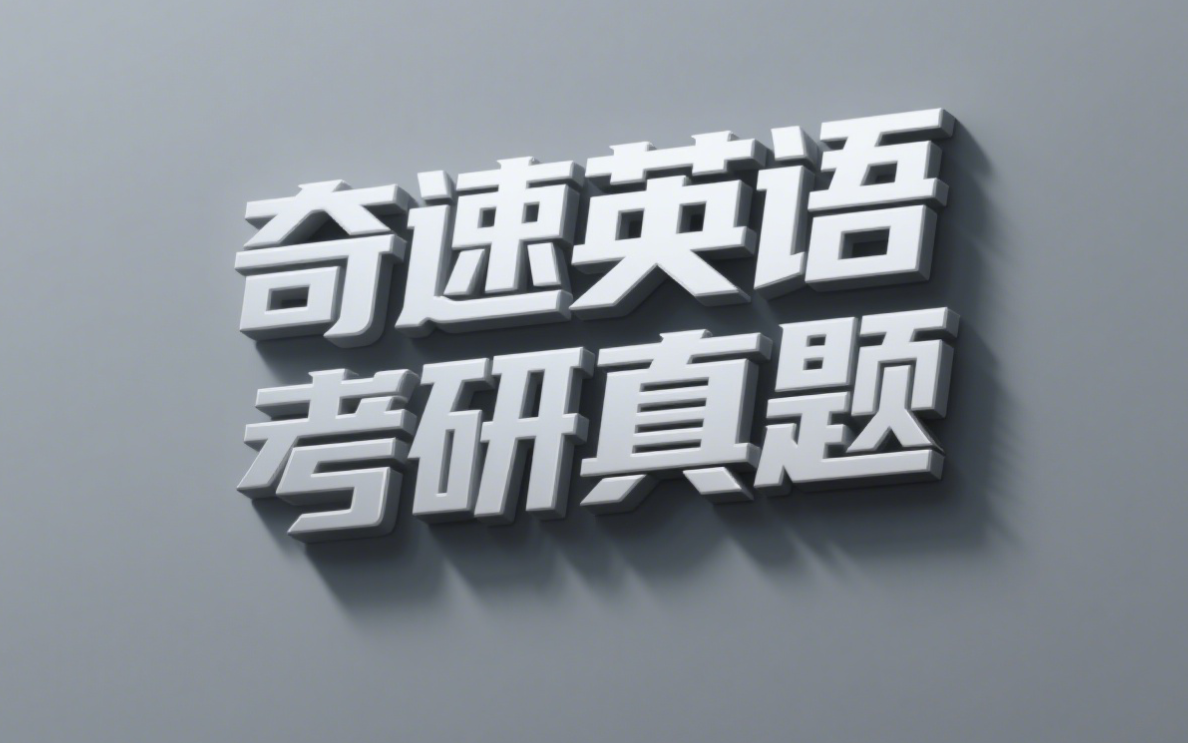
① The Internet may be changing merely what we remember, not our capacity to do so, suggests Columbia University psychology professor Betsy Sparrow. In 2011, Sparrow led a study in which participants were asked to record 40 factoids in a computer (“an ostrich’s eye is bigger than its brain,” for example). Half of the participants were told the information would be erased, while the other half were told it would be saved. Guess what? The latter group made no effort to recall the information when quizzed on it later, because they knew they could find it on their computers. In the same study, a group was asked to remember both the information and the folders it was stored in. They didn’t remember the information, but they remembered how to find the folders. In other words, human memory is not deteriorating but “adapting to new communications technology,” Sparrow says.
② In a very practical way, the Internet is becoming an external hard drive for our memories, a process known as “cognitive offloading.” Traditionally, this role was fulfilled by data banks, libraries, and other humans. Your father may never remember birthdays because your mother does, for instance. Some worry that this is having a destructive effect on society, but Sparrow sees an upside. Perhaps, she suggests, the trend will change our approach to learning from a focus on individual facts and memorization to an emphasis on more conceptual thinking—something that is not available on the Internet. “I personally have never seen all that much intellectual value in memorizing things,” Sparrow says, adding that we haven’t lost our ability to do it.
③ Still other experts say it’s too soon to understand how the Internet affects our brains. There is no experimental evidence showing that it interferes with our ability to focus, for instance, wrote psychologists Christopher Chabris and Daniel J. Simons. And surfing the web exercised the brain more than reading did among computer-savvy older adults in a 2008 study involving 24 participants at the Semel Institute for Neuroscience and Human Behavior at the University of California, Los Angeles.
④ “There may be costs associated with our increased reliance on the Internet, but I’d have to imagine that overall the benefits are going to outweigh those costs,” observes psychology professor Benjamin Storm. “It seems pretty clear that memory is changing, but is it changing for the better? At this point, we don’t know.”
1.1. Sparrow’s study shows that with the Internet, the human brain will ________.
A analyze information in detail
B collect information efficiently
C switch its focus of memory
D extend its memory duration
解析:选C。C 细节理解题。[精准定位]由题干信息 Sparrow's study 可定位至首段(Sparrow led a study in which.../In the same study...)。首段介绍斯帕罗教授的研究。①句直接抛出教授的核心观点“互联网改变的仅仅是我们的记忆内容,并没有改变我们的记忆能力”,②至⑦句进而借教授所领导的某项研究的相关发现“被告知电脑上的信息不会被清除的受试者不会努力去记忆这些信息”“当被要求同时记住信息和储存信息的文件夹时被试者会选择只记住文件夹的路径”为该论点提供论据支持,⑧句最后再引教授对相关研究发现的解读“人类的记忆并非在退化,而只是在适应新的通信技术(即互联网)”对该论点进行总结重申。综合可见,斯帕罗教授的研究实际表明了互联网的出现使得人类大脑能够对记忆内容作出自主选择,转变记忆的关注点。C项正确。
2.2. The process of a “cognitive offloading” ________.
A helps us identify false information
B keeps our memory from failing
C enables us to classify trivial facts
D lessens our memory burdens
解析:选D。D 细节理解题。[精准定位]由题干可定位至第二段(a process known as“cognitive offloading”)。第二段①句先由互联网正在成为储存人类记忆的外部硬盘”这一趋势引出“认知卸载”过程这一概念,②③句进而指出互联网出现之前这一角色的扮演者“数据库、图书馆、他人”,并列举具体事例“你爸爸从不记生日,是因为有妈妈(帮他)记着”予以说明。综合三句可见,“认知卸载”过程实质上借由工具(或数据库,或图书馆,或他人,或互联网)减轻了人们的记忆负担。结合④⑤⑥句斯帕罗对这一趋势的积极态度“让我们从关注个别事实和死记硬背中脱离开来”亦可进一步佐证。D项是对文中 an external hard drive for our memories,this role was fulfilled by... 、change...from...memorization to...所暗含的“人们的记忆负担得以减轻”的正确体现。D项正确。
3.3. Which of the following would Sparrow support about the Internet?
A It may reform our learning approach.
B It may impact our society negatively.
C It may enhance our adaptability to technology.
D It may interfere with our conceptual thinking.
解析:选A。A 推理判断题。[精准定位]结合题干、选项及题文同序原则定位至第二段。第二段④⑤⑥句介绍斯帕罗教授对“互联网正在成为人类记忆的外部硬盘”这一趋势的看法“将会使得我们的学习方式从关注个别的事实细节和死记硬背转变为强调更多的概念性思考"。可见,斯帕罗教授认为互联网可能会改变我们的学习方式。A项正确。[命题解密]A 项是对⑤句 change our approach to learning from...to...的同义改写。B项断章取义,将第二段④句前一分句中“有些人的担心(Some worry)”偷换为“斯帕罗的观点”,忽略了第二段④句后一分句中斯帕罗所持的积极态度(but Sparrow sees an upside)。C项将首段末句指出的“人类记忆在适应互联网等新技术”偷换为与之存在语义偏差的“互联网能增强人类对科技的适应力”。D项与第二段⑤句句中传达的“互联网(带来的'认知卸载’过程)会让我们强调更多的概念性思考”完全相悖。
4.4. It is indicated in Paragraph 3 that how the Internet affects our brains ________.
A requires further academic research
B is most studied in older adults
C is reflected in our reading speed
D depends on our web-surfing habits
解析:选A。A 推理判断题。[精准定位]由题干中的 Paragraph3可定位至第三段。第三段①句首先指出“要想知道互联网如何影响我们的大脑现在还为时尚早”,②③句则引学者之言及某项研究调查指出“尚未有实验证据证实互联网会干扰我们的专注能力,相反有实验证明浏览网页比阅读还更有助于锻炼大脑”。综合可见,第三段实际暗示指出“互联网如何影响人类大脑尚未可知,仍需开展进一步的学术研究”。A项正确。[命题解密]A项是对首句 too soon to understand how the Internet affects our brains 的合理解读B项仅由第三段③句中“一项涉及老年人的相关研究”就推断出“相关研究针对老年人的最多”,而文中并未提及相关研究所针对对象的人群分布情况。C、D项曲解第三段③句,该句比较的是“上网vs阅读”两者锻炼大脑的效果,并未提及“阅读速度”或“上网习惯”,故两项皆错误。
5.5. Neither Sparrow nor Storm would agree that ________.
A our reliance on the Internet will be costly
B the Internet is weakening our memory
C memory exercise is a must for our brains
D our ability to focus declines with age
解析:选B。B 推理判断题。[精准定位]根据题干中新信息 Storm以及题文同序原则可定位至第四段(psychology professor Benjamin Storm),并结合前文所述 Sparrow的观点答题。第四段全段直接引用心理学教授本杰明·斯托姆之言说明其两点看法:一、人类依赖互联网可能会有一定代价,但总体而言,益处大于代价;二、人类记忆的确在变,但是不是在变得更好,目前尚不可知。首先结合全文主题“互联网对人类记忆的影响”可判断斯托姆的看法是:互联网对人类记忆的裨益大于代价,但互联网对人类记忆的具体影响尚不清楚。再结合上文(第一段首尾句)斯帕罗的观点“互联网只是改变人类记忆的内容,而并未改变人类记忆的能力,人类的记忆能力并未衰退”可综合判断,二者均不认同“互联网正在削弱我们的记忆”B项是对第一段首尾句斯帕罗的观点以及第四段斯托姆的观点的综合取反,契合题干所间(Neither...nor... would agree)。B项正确。